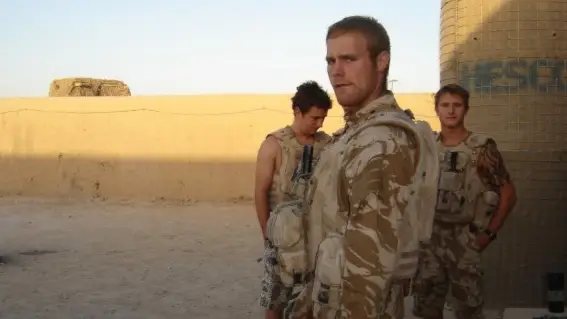
On Christmas Eve 2007, Mark Ormrod stepped on an improvised explosive device (IED) during a routine patrol of his military base in Afghanistan.
The 24-year-old lost both his legs and his right arm, but he vowed he was not going to let his life been defined by it.
Speaking to LADbible, he relived that patrol and looked back at his military career and the comrades who saved his life that day.
"We'd been confined to the camp for about two weeks and everyone was getting a bit restless," Mark, now 38, tells us.
"So we went out and the idea was that we were going to get two groups of eight lads and leave the rear entrance, with one going north, one going south, patrol the perimeter, meet at the front gate and come back in.
"It was nothing there it was so low level and basic. It was just to get us out for our benefit."
During the patrol, the commanding officer had the two units take up fire positions along their route.
Being second-in-command, Mark found a 'bowl' in the ground along the ridgeline for his team to take up and protect themselves from potential enemy fire.
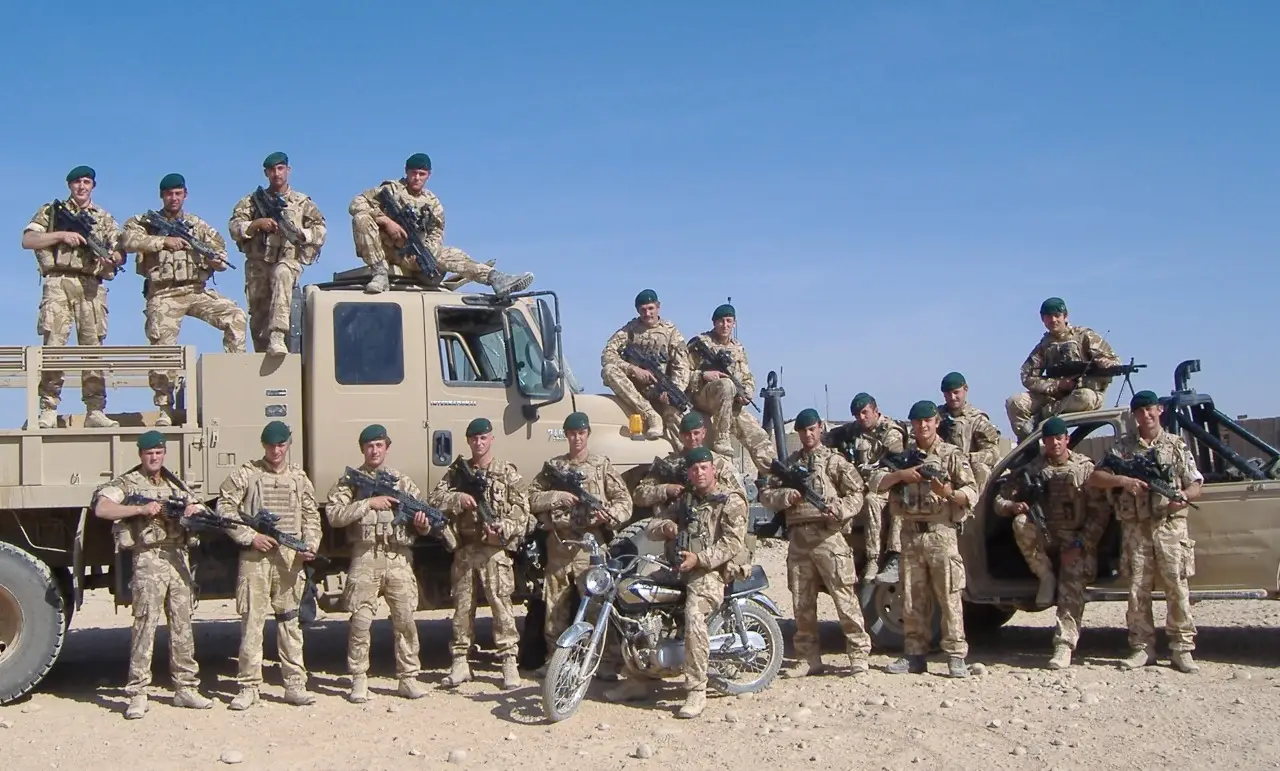
He recalls: "So we jumped in and all the lads took their positions, and when everyone was happy, I walked over to my position.
"I went to get on my stomach, put my right knee on the floor and knelt on an IED."
Initially, Mark says, he wasn't aware that he had been hurt.
"There was none of this click, boom, none of that stuff. I was in no pain, just the body's way of dealing with it, I think," he says.
"I had no idea what I'd done, but my adrenaline spiked and I could hear everyone around me shouting.
"So I thought we'd been attacked. In all this chaos, where I can't see anything, in my head, I was, like, 'turnaround, ID the enemy, Mark, start shooting and then get everybody out so that no one gets harmed'.
"After maybe four times of saying it, I realised even though I couldn't see anything, that I wasn't doing it.
"So I waited for the dust to settle and looked down at my legs and they were f*****g shredded.
"Right from the knees down, the blast had just ripped. On one side I still had a tibia and fibula, I still had my foot attached by a muscle strand that went down into a boot, but all the flesh had been ripped off, almost like when you get a really well-cooked rib and you can just slide the bone out - the bones were clean, like, the heat must have just melted it off.
"And then I saw that my arm was still attached but just f*****g shredded all down the bicep and the bone was smashed up."
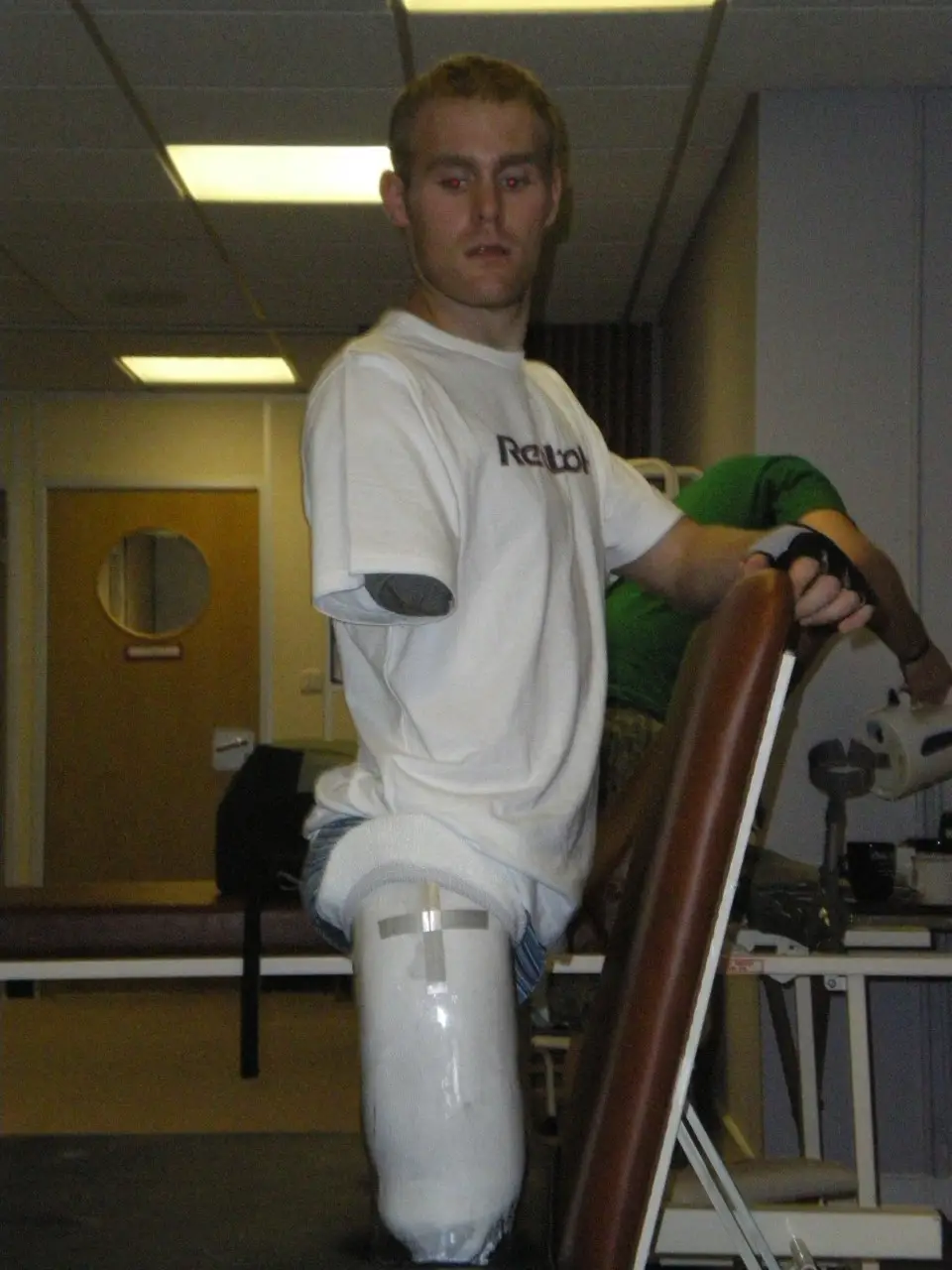
After clearing the area, a medic was eventually able to get to Mark.
He says: "He got to me very quickly, put the tourniquets on my legs and then we had to pick my foot up because the left one was gone but the right was still semi-attached, and where he was dragging me, it was pulling on the flesh and the tendon.
"So we had to stick my foot on my belly.
"He took me off, but as the vehicle was climbing up the incline to go into the front entrance of the camp, the medic fell out of the back, I fell out, and the driver just swung around, grabbed my femur bone and held me in the vehicle.
"They drove me into the camp, and the last thing I remember is the Chinook helicopter landing, and then I blacked out."
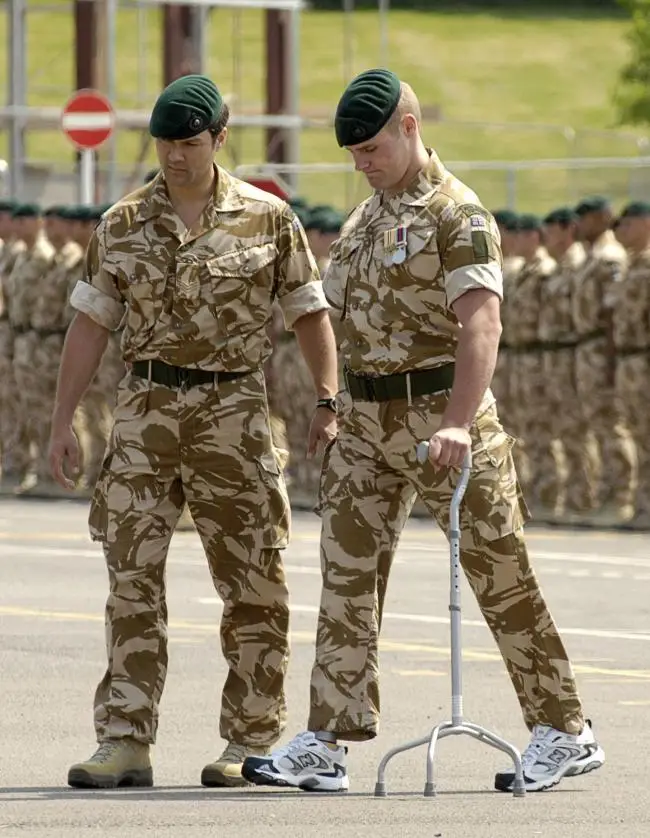
After failing to find a pulse and being unable to attach an intravenous line due to his veins collapsing, medics on the helicopter believed that Mark had died.
But while treating another injured soldier, one of the doctors saw that his eye was fluttering and tried once more to resuscitate him.
And with them unable to attach a line to his vein, the medic improvised, drilling into his hip instead and keeping him alive.
He says: "They took me to the field hospital and I was a mess. This was a traumatic amputation, not surgical.
"So the surgeons had looked and said, 'If you want to save this guy's life, then you have to take off both his legs above the knee and his right arm above the elbow'.
"And that's just what he did, in a tent in Afghanistan on Christmas Eve, they chopped off both my legs, chopped off my arm, bandage me up, got all my vitals stable, put me on a plane and flew me home."
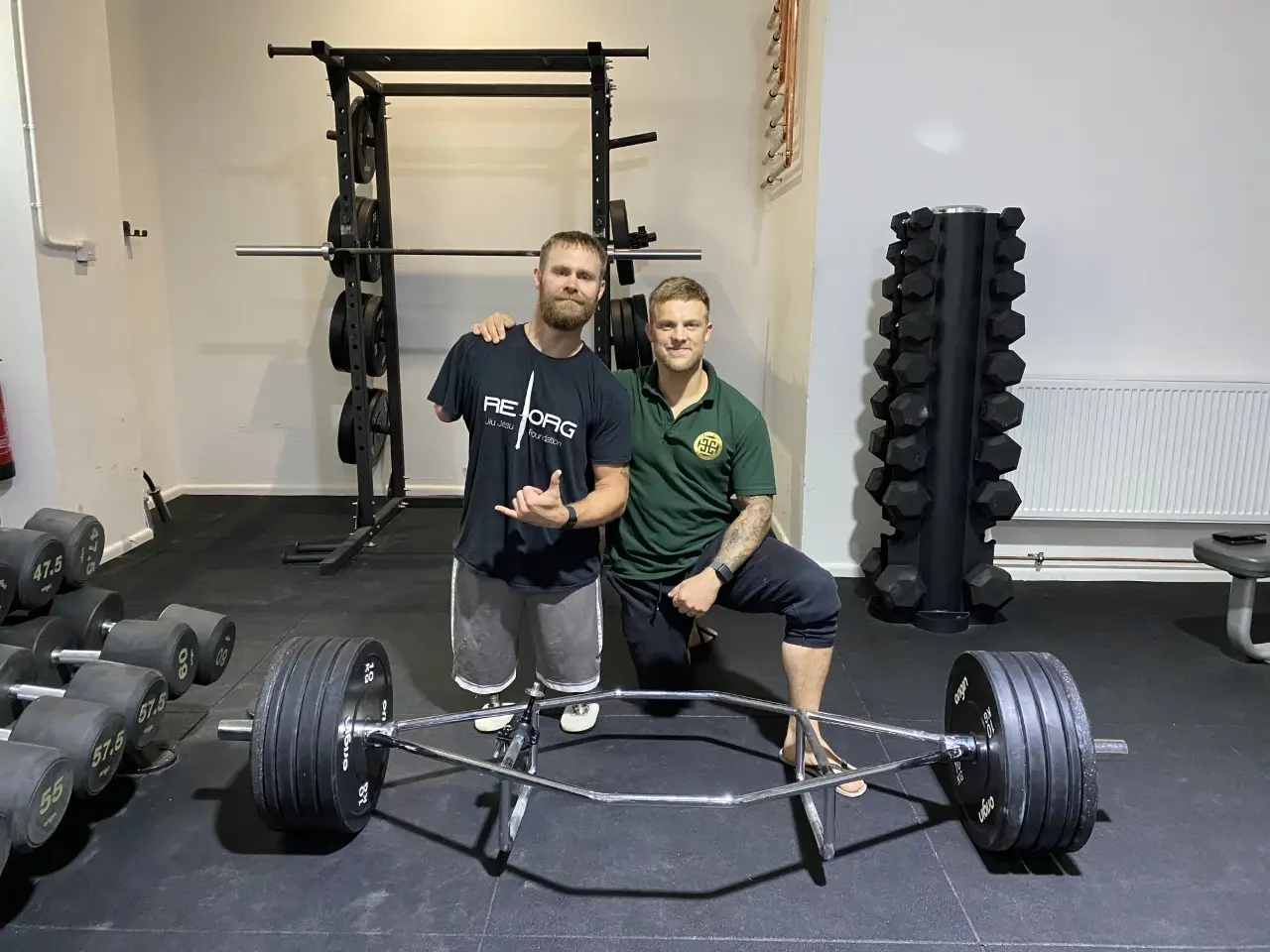
In the months that passed, Mark said he was determined to walk again and has since gone on to compete in the Invictus Games, winning 11 medals, including four golds, become a bestselling author and raised hundreds of thousands of pounds for charity.
He says: "I was 24 years old - turned 25 in rehab. I'd gone from being six foot two and about 16 stone, a green beret, to four foot three without my prosthetics.
"What saved me was having goals. The first thing I did when I got to rehab, my unit was still deployed, they still had a month left of the tour, then they were going to come home and have 10 weeks of leave, and then back to the unit for their medal presentation.
"So I set a goal that when that day came around, I was going to walk with prosthetics onto the parade ground. And that kept me in a positive mindset because it always gave me something to strive for."
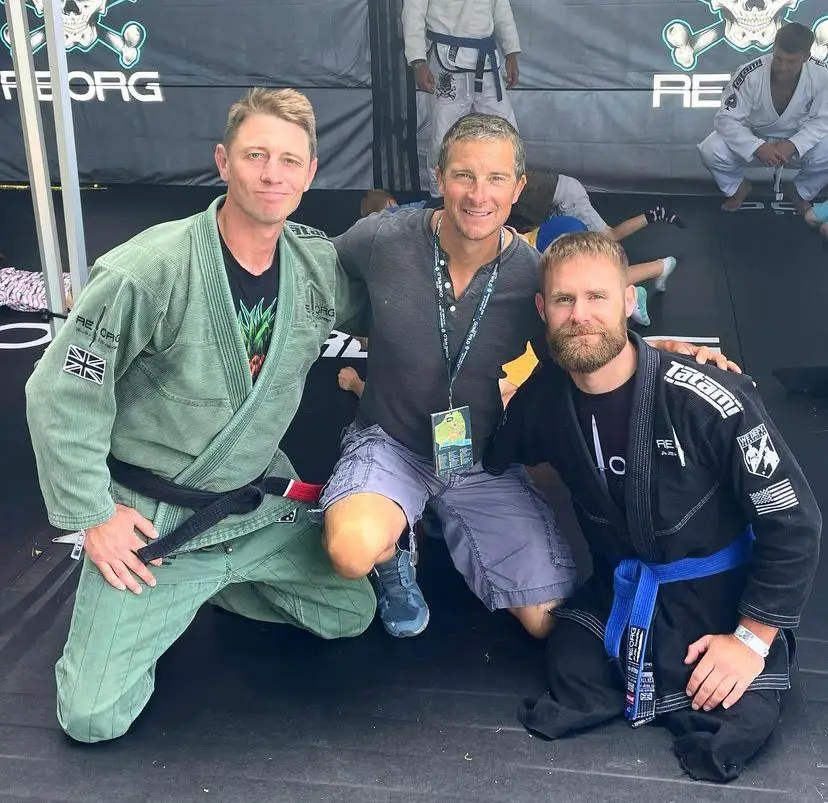
And looking back on his military career and that day in December, Mark says there's one overriding emotion: gratitude.
"A lot of people would think that Christmas is like a traumatic time for me, but it's the complete opposite," he says.
"It's a time where I'm grateful for everything, from the lads on the ground, to the quick thinking of our medics and to the surgical procedures and attempts to get me home alive.
"And so Christmas for me, it's a happy time. It's a time when I'm grateful that I went through that and I survived."
You can find out more about Mark's life on his website.
Featured Image Credit: SuppliedTopics: War, UK News, British Military, Medics, Inspirational, injury, Health